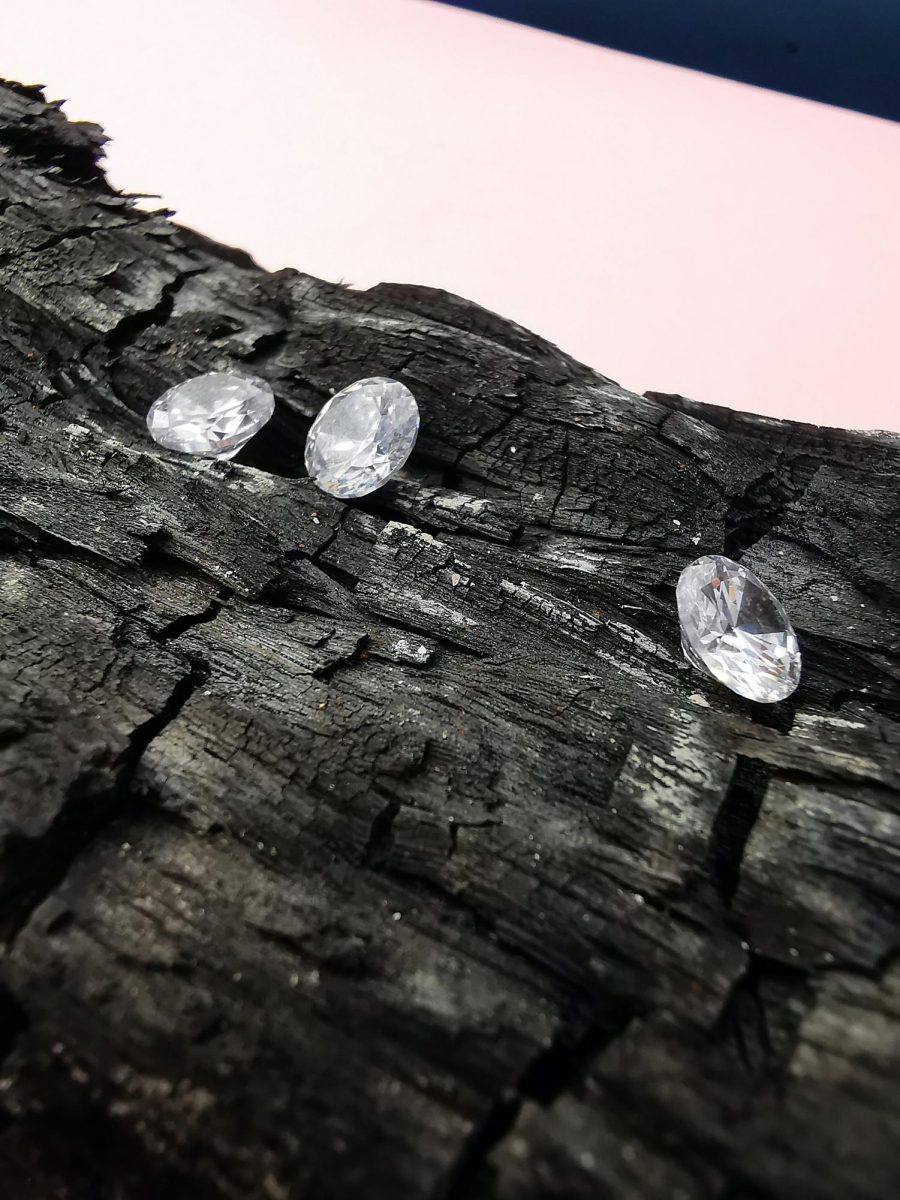Diamonds are transported all over the world and sported as a status symbol, some are even passed down through generations. However, the history behind these symbols of pride leaves no doubt that more people should care more about the source behind the shiny rocks than their appearance.
Since the 19th century, diamonds have been seen as rare, unbreakable symbols of love, mainly due to marketing from diamond companies. From the purity of their chemical composition to their size and color, diamonds are some of the most expensive gemstones a person could buy, yet a large majority of the public purchase them, fueling the diamond industry, valued at $97 billion today. However, along with the industry, the trade of these gems has always been rooted in violent conflicts and one man’s lust for power.
Cecil John Rhodes was a British farmer born in 1853 who, in an attempt to improve his poor health, was sent by his father to the Province of Natal to a cotton plantation with his brother. At the plantation, he found a passion for harvesting diamonds and, with his brother, began to look for diamonds around South Africa. Once Rhodes gathered enough money, he began his studies at Oriel College where he would return to South Africa on vacations to keep looking for diamonds. This proximity to a source of the precious minerals allowed him to amass a wealth equivalent to that of a multi-millionaire in modern times.
Rhodes used his newfound wealth and co-founded De Beers, monopolizing the diamond market with over 90% of the world’s diamond output under his control. The capital Rhodes accumulated allowed him to create an army, which went around Africa, killing thousands at a time. By the time of his death in 1902, Rhodes had acquired a fortune of over £6 million at the cost of millions of Africans’ lives and their children’s futures.
Some praise Rhodes for donating a large portion of his wealth through scholarships and other forms of charity, yet all the money he acquired was founded on murders and racist ideologies.
Following Rhodes’ death, De Beers and other companies continued funding and profiting from violent conflicts for decades by trading with rebel groups in African countries for diamonds. However, once it was discovered where the diamonds were coming from, many began to threaten boycotts against the companies in an attempt to force change. This culminated in 2003 when the United Nations created the Kimberley Process Certification Scheme (Kimberley Process) in an attempt to stop the spread of conflict diamonds.
The Kimberley Process gives certificates to batches of diamonds that are seen to be conflict-free in an attempt to stop conflict diamonds from reaching consumers. In order to ensure that countries participating are following the guidelines, one country each year is appointed to be the chair and another is appointed as the vice-chair. Conflict diamonds have not been eradicated, however, groups have just found new ways for the public to purchase them.
Some regions in Africa that are considered areas of conflict acquire the certificates through smuggling the diamonds into nearby, conflict-free, countries. Since entire batches of diamonds are given the certificate rather than individual gemstones, once they are added to the conflict-free diamonds, they too are considered conflict-free as well, despite their origin.
However, other countries such as Russia, despite actively participating in wars and using the funds received from diamonds to finance those wars, are considered to be conflict-free. This is because they were the chair of the Kimberley Process in 2021, due to being one of the largest diamond exporters in the world, and used their power as chair to keep their diamonds classified as conflict-free.
Although the Kimberley Process has greatly reduced the amount of conflict diamonds circulating, in order for conflict diamonds to be eradicated, customers need to think about what their purchases are funding.
If consumers thought of who they were rewarding with their money, conflict diamonds would be eradicated, even without the Kimberley Process’ intervention. However, rather than research what their money is funding, consumers prefer to just buy whatever they see in the jewelry store that they fancy, with no regard to where the product was actually produced. This lack of consideration has further funded rebel groups and led to the deaths of hundreds of thousands. If customers continue disregarding what their purchases fund, groups will continue to take advantage of the situation and use the funds for greater power.













































































